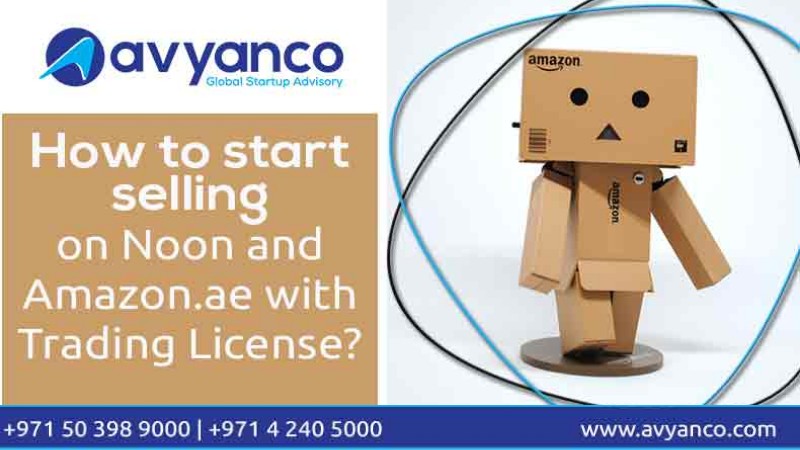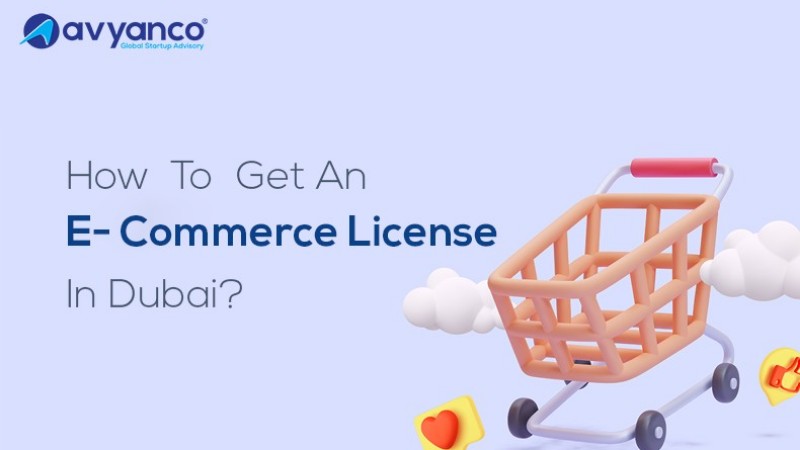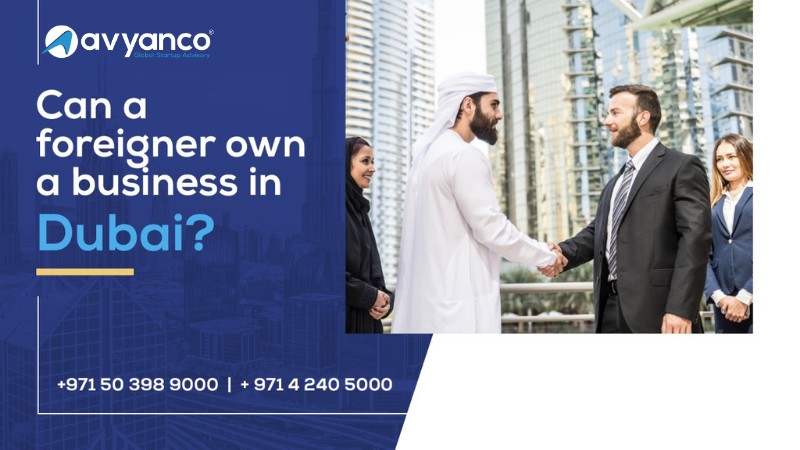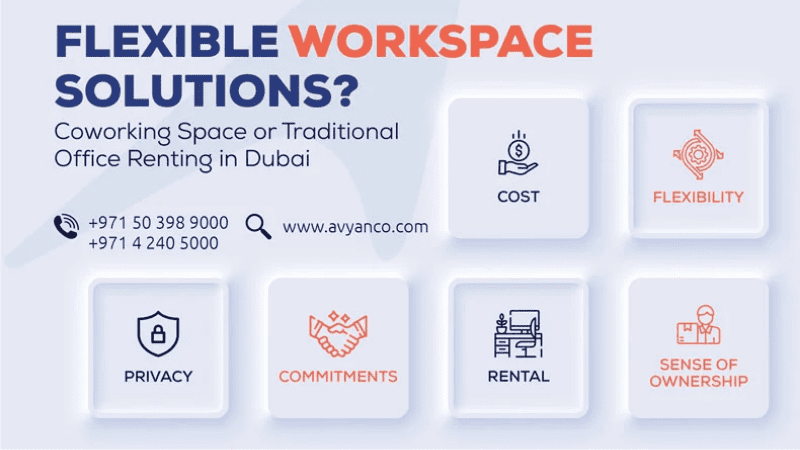Dubai is becoming the hub of all things business. One of the major industries you can think about as an entrepreneur is to start an F&B business in Dubai. As Dubai has become the hub of international trade, its food supply industry has developed tenfold.
Therefore, there is a major rise in the import and export of food from all over the world, and anyone thinking of starting foodstuff trading in Dubai is definitely on the right track to success!
What is a Foodstuff Business?
Foodstuff business refers to opening up a business that deals in the food industry. Whether it’s for profit or not, any dealing in the manufacture, processing, storage, packaging, distribution, transportation, import, or export of food is called foodstuff business.
Benefits of Foodstuff Trading business in Dubai
This industry is booming and has a lot of potential in Dubai. So, to start a foodstuff trading business in Dubai is one of the best ideas. Some of the major benefits of going into this industry are:
- With diverse cuisines in your business, you can take part in many global events. Recently, the Dubai Expo 2020 is the biggest global event where the food industry is flourishing. Dubai is also a key location for many international meetings and conferences, so, some high-level catering businesses in Dubai are always in demand
- Setting up a foodstuff business in Dubai is quite straightforward. The DED, department of Economic development handles everything and the investors and business owners have to follow some rules and regulations without any restrictions.
- You get to have some pretty skilled staff, with a city full of multicultural and multitalented people, it’s effortless to find highly professional people for your business.
Foodstuff Business License in Dubai
As mentioned before, the Department of Economic Development (DED) is responsible for authorizing business licenses to companies that are registered in Dubai. Foodstuff business license in Dubai requires a Commercial License and in order to get that, they are instructed to submit a number of documents.
Some changes have been made in the past few years and now, international investors can have a 100% share in their companies, making Dubai more attractive to international business.
Documents Required to Open a Foodstuff Business in Dubai
The documents required by UAE, before you start a foodstuff trading in Dubai include:
- Visa page of shareholders – visit visa or residential visa
- Emirates ID of shareholders who hold a residence visa
- Shareholders’ passport copies
- If a shareholder possesses a residential visa, then the NOC of the current sponsor
Dubai Municipality Involvement
The Dubai Municipality (DM) is a government body whose food safety department is accountable for the evaluations and management of best practices in the foodstuff businesses in Dubai. Therefore, all foodstuff trading companies in the city must register with the DM.
If your foodstuff business in Dubai is going to work with the import and export department, there are some rules of the DM that you have to comply with, which will save you from any rejection, these include:
- List your company in the Food Import and Re-Export System (FIRS) in the DM. This will allow you to put in requests for food imports and you can effortlessly check the status of your import from its inspection to release.
- In order to confirm that your food labeling is in agreement with the government standard, it is important that you acquire a food label approval for all importing food.
- For the importing items, you should also obtain a FIT analysis.
- It is also advised that you take care of registering all food items in the FIRS before importing them.
Cost of Foodstuff Trading License in Dubai
All businesses require investments and funds before starting and becoming one of the best. The food trading license in Dubai costs around AED 25 000 to 35 000. But as the world is developing, it may change as time goes on. However, the approximate total cost of foodstuff license in Dubai with all the additional costs will be about AED 40 000.
Steps to Start a Foodstuff Business in Dubai
In order to finally start a foodstuff business in Dubai, you have to follow the following steps:
- To get approval from the DED, submit 3 trade name options
- First, attain initial approval, you cannot go forward with the application without it
- Get the MOA, Memorandum of Association from the notary public of Dubai
- Rent a warehouse or office space
- Take all the necessary documents to the DED and collect the payment voucher
- Take care of the tenancy contract submission to the DM, food control department
- Make the final payment, get any additional approvals and then collect the foodstuff trading in Dubai license and you’re good to go!
Dubai Customs Involvement
When your foodstuff industry is involved in the import and export of food, you are required to additionally register it in the Dubai Customs. This will allow you to acquire a distinct registration Customs Code after registration which is mandatory to have during the export and import process.
List of Activities Under Foodstuff Trading License
The foodstuff business doesn’t only mean preparation, packaging, and import and export of food, this industry is diverse and can have many activities. When you start a foodstuff trading company in Dubai, you can have multiple sets of activities and sub-activities. Some ideas are:
- Spice trading
- Sugar trading
- Trading of drinks, like juices, carbonated and soft drinks
- Fruit and vegetable trading
- Legume, pulses, grams, cereal, and other similar item trading
How Avyanco Helps You to Start a Foodstuff Business in Dubai
As Dubai is a hub for business startups, it is difficult to know who to trust with investments and investors. Here, some firms that help in such setups come in handy. From setting up trading, real estate, and tourism businesses to foodstuff trading and supply chain business, we help you meet the right people.
Avyanco is one such consulting and auditing firm that supports international investors. We assist global entrepreneurs and foreign companies in registering companies in Dubai by providing them with financial and business services that help them in the initial setup of their organization.
We are famous for helping many business ventures, so if you’re looking for a well-trusted and reliable industry to help you in the initial process of starting a foodstuff trading in Dubai, we should be on your first consulting list.
Final Thoughts on Foodstuff Business in Dubai
No matter which F&B Business in Dubai you join, F&B is a rewarding industry, especially in Dubai. Although there are countless food firms, the market is still huge, and even if you’re starting, you can try your hand in the firm and experience as you succeed swiftly!

